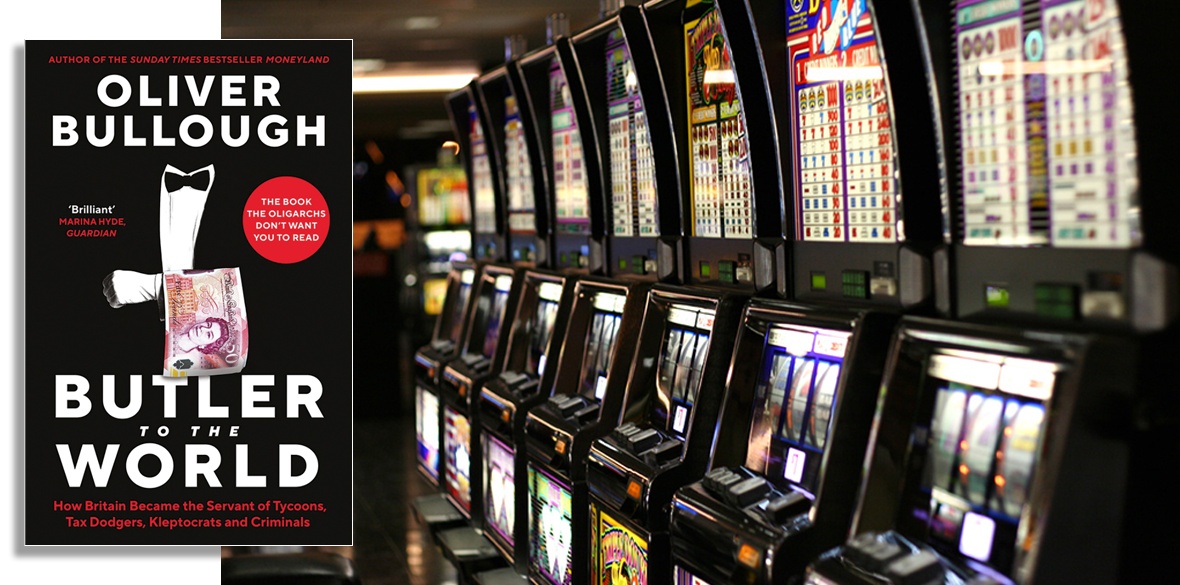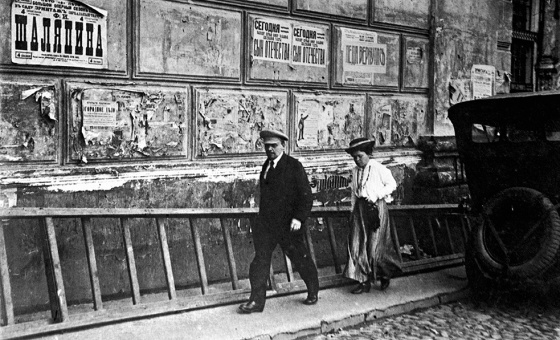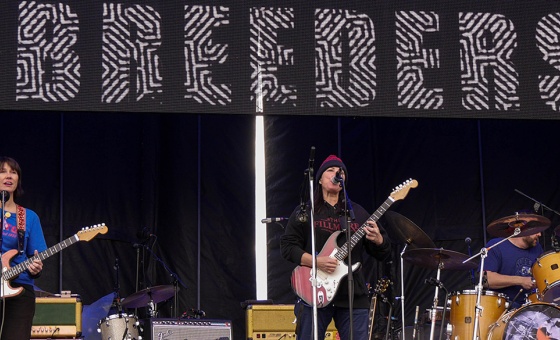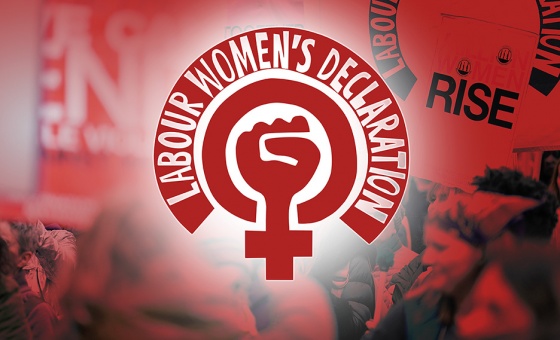This is the last article you can read this month
You can read more article this month
You can read more articles this month
Sorry your limit is up for this month
Reset on:
Please help support the Morning Star by subscribing here
Butler to the World: How Britain Became the Servant to Tycoons, Tax Dodgers, Kleptocrats and Criminals
by Oliver Bullough
Profile Books, £20
THIS book exposes the role of successive British governments in aiding and abetting a huge range of criminal acts.
As Bullough writes: “It’s not just that Britain is not investigating the crooks, it’s helping them too.”
As he notes: “However bad other countries are, Britain has for decades been worse. It operates as a gigantic loophole, undercutting other countries’ rules, massaging down tax rates, neutering regulations, laundering foreign criminals’ money.”
Criminality has become an integral part of capitalism. The free movement of capital facilitates the growth of crime, not of the economy, as speculative capital destroys productive capital.
“If you have free capital flows and fixed exchange rates, you can’t have domestic autonomy, because the markets will severely punish what they deem to be excessive expenditure by making borrowing prohibitively expensive,” Bullough asserts.
The accounting giant PwC and the banking giant UBS reported that between April and July 2020, the world’s 2,189 billionaires increased their collective wealth by £1.76 trillion.
Successive governments have let big crime run its own affairs. For example, in 2003, the Labour government allowed the gambling “industry” to regulate itself.
As a result it promptly brought in fixed-odds betting terminals.
“As with casino roulette, the machines are mathematically rigged in favour the house … if you play for long enough, and the machines are designed to make sure you do, the bookie always wins. They are a one-way bet.”
Bullough points out: “Inevitably, the big companies put their betting shops in places where punters could be relied upon to lose as much money as possible. There was a direct correlation between the concentration of betting shops and the level of deprivation in a district.”
The amount of money gambled online in the UK increased from £13.4 billion in 2014 to £121.3bn in 2019, while the bookies’ profits rose from £1.5bn to £5.5bn.
Between 250,000 and 460,000 people are now — to use the government’s term — “problem gamblers.” The reality is problem companies, empowered by problem governments.
In 2019, The Lancet decried “the utter evil of an industry that does indeed prey on those facing social peril and financial precarity.” Bullough calls out “this feral market.”











